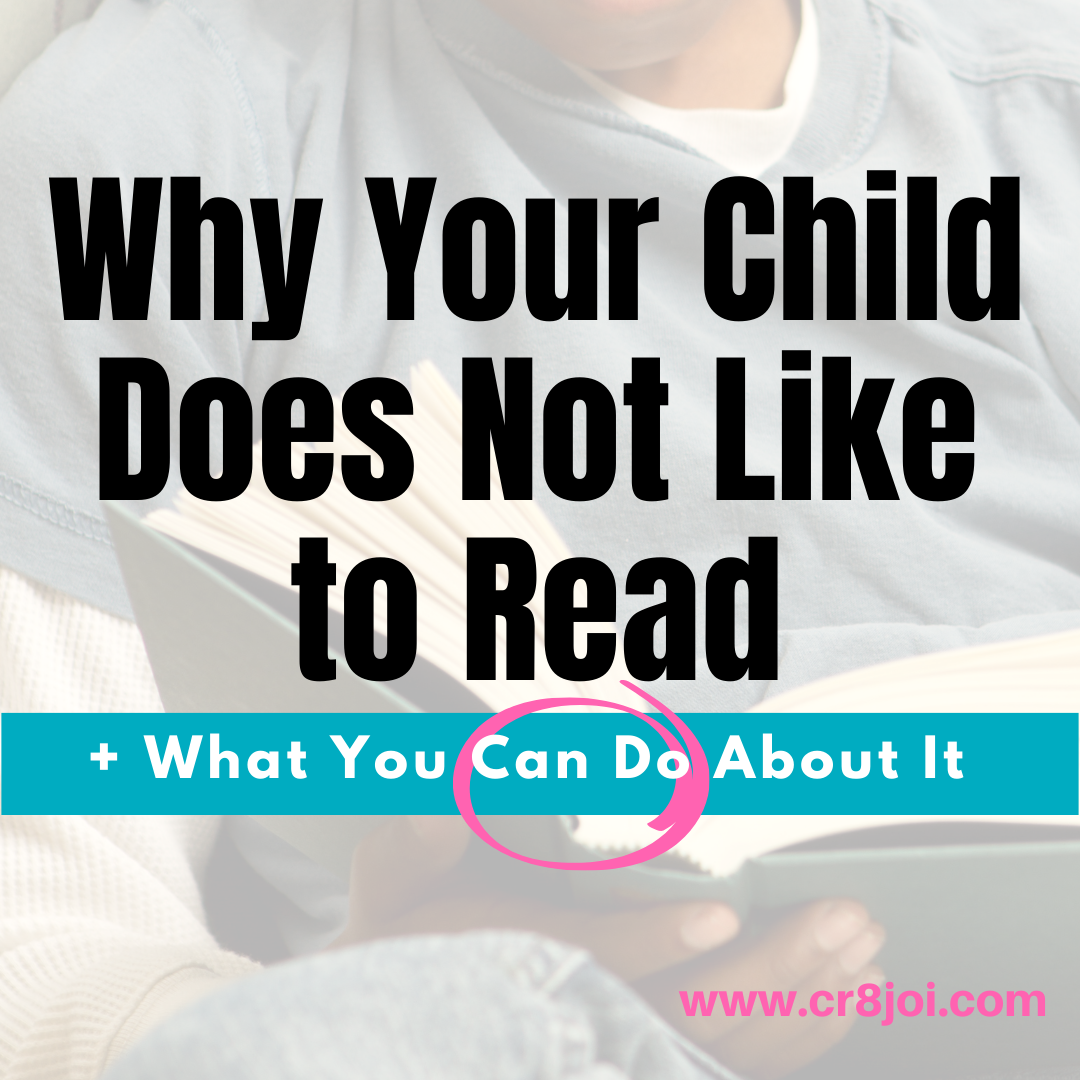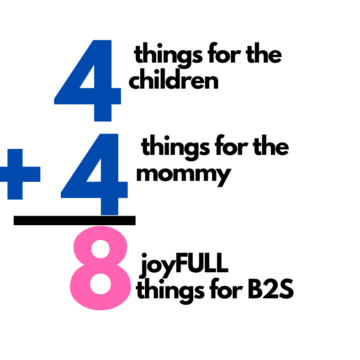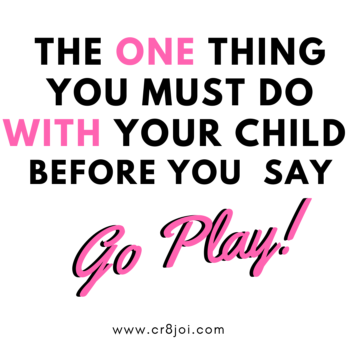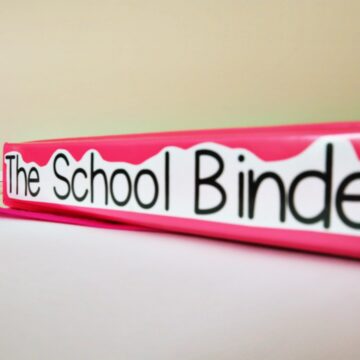How do you get a child who does not want to read, to read?

If you are here, you probably already know the importance of reading for 20 minutes daily with your child (age 0- they can read on their own). Making reading a part of the bedtime routine is more than just a time filler. Those minutes add up and the one-on-one time with words pays off big time with reading comprehension + vocabulary + reading confidence.
But what if you do the nightly reading and the child is getting older and NOT into this whole reading thing.
It’s becoming a mini war. They hate it.
Or maybe you hate it. (It’s ok I won’t tell. There’s only so many times a grown up can enjoy reading ‘No More Monkeys Jumping on the Bed’ or ‘To Kill A Mockingbird’ for that matter.
Perhaps, nobody hates it but their reading progress is not where it should be.
Sometimes parents rely too heavily on the school for their child’s reading development. They think the extra reading at home is optional and/or not as important. Reading at home is equally if not more important.
“The school will teach my child to read. That’s their job.”
But let me let you on in a little secret . . .
Home is a comfort zone. There is not a classroom full of children or snickering peers to worry about.
While it is true that the school will teach a child to read eventually. All children learn differently. Some children can learn things without much help or reinforcement. Things click for them. Some kids learn easily. Regardless of their parents or school, learning just clicks for them.
While other children have a very hard time learning. There are too many reasons to name here in this short post.
If a child is struggling with reading, then it’s an all hands-on deck situation. Blaming the school or the teachers, or even your parenting abilities is a waste of energy. It’s time to use all that energy to help resolve the child’s reading problems.
Many parents want to help their kids with their reading but simply don’t know where to start.

The biggest impact a parent can have on their child’s reading ability starts with being consistent.
Consistently, listen to your child read.
Consistently, read with your child.
Consistently read to your child will dramatically improve your child’s reading.
That’s the big secret. It’s so simple and basic, it’s often overlooked.
- Incorporate reading into everyday life. Signs, cereal boxes, new product instructions, menus, magazines, flyers, junk mail, anything with words is fair game! Isn’t that one of the purposes of reading anyways? To be able to read proficiently for everyday life.
- Never make reading a chore or punishment.
- Listen and implement what the classroom teacher suggests. Casual reading at home is not the same as academic reading. There are so many strategies + skills are required in the classroom. Reading is way more than saying the words aloud, do not quickly dismiss what educator suggests.
- Embrace your child’s interests + personality to spark their joy for reading. If you want to have a joyFULL reader, you must find reading material that interests them. That’s the window you jump head first through.
In my experience, it boils down to a few reasons why the child does not like reading:
- They are not interested in the reading material.
- The book has too many words they can’t read and the child shuts down.
- They have lost their reading confidence and are discouraged.
- They do not want to make a mistake and look stupid among their peers.
- They lack tools, strategies, and support to fill their reading gaps.
It doesn’t matter if the child is a young beginning reader or a high schooler. The above still applies.
Identifying the root of the problem is the first step to addressing the problem.
Interest, confidence, and strategies are the keys to turning a reluctant, disinterested reader around.
By the way if you are in need of my educational expertise, just book a call. If you are wondering . . .
What types of books should I get? How do I know what my child’s reading level is? My child won’t sit still long enough to read? What strategies can I try at home? How exactly do I build up child’s reading confidence? How can I get my child to read without eye rolling or attitudes?
Want a more joyFULL reader?
Have you experienced any of these things with your child? What did you do?






